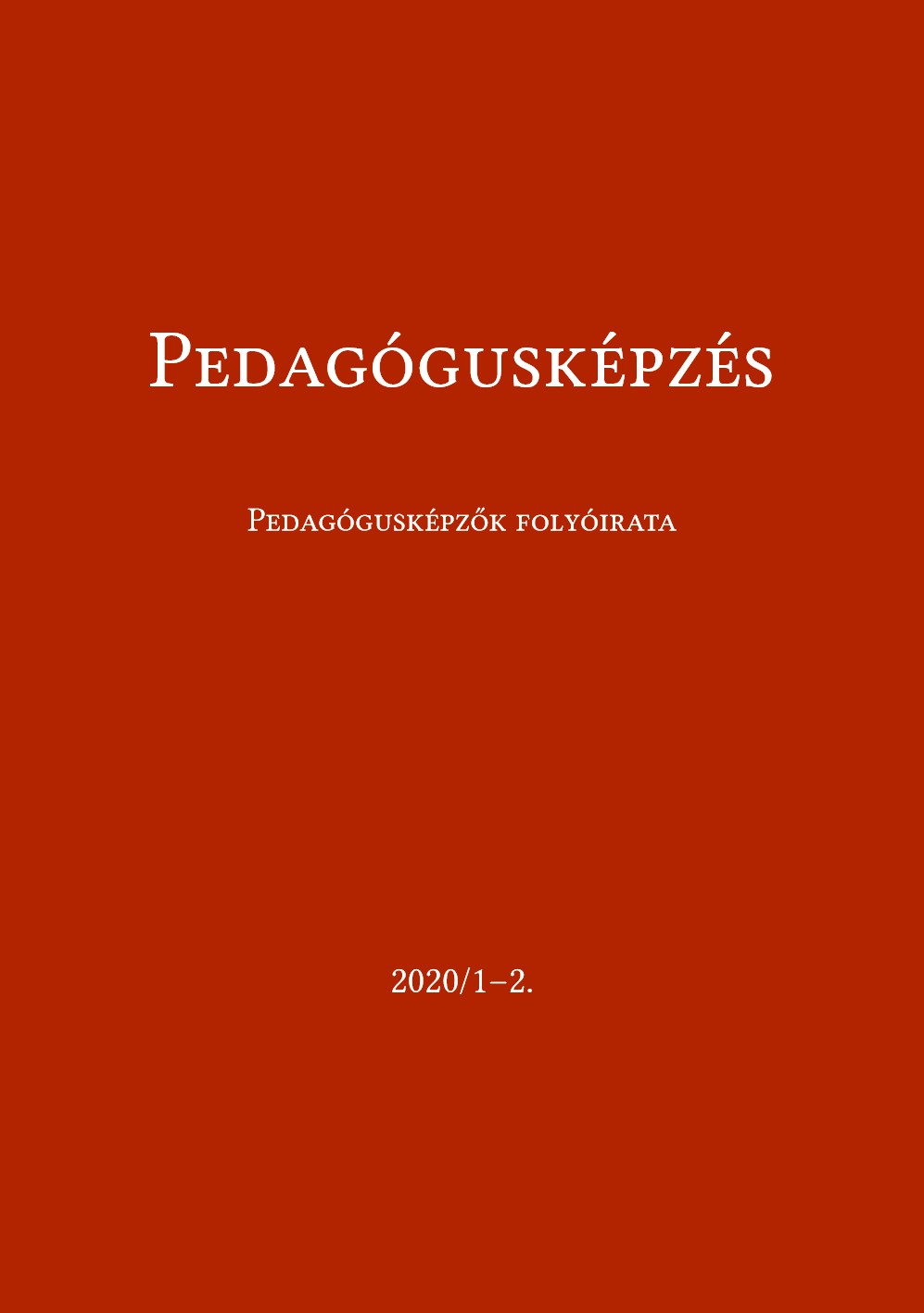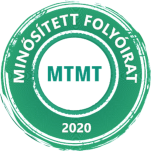Editorial Introduction
DOI:
https://doi.org/10.37205/TEL-hun.2020.1-2.06Keywords:
mentoring in higher education, mentoring of new university teachers, mentoring of experienced university teachersAbstract
In the Discussions of our previous issue, we addressed the different possibilities of applying mentoring in public education. We are still connected to the topic of mentoring, but this time we recommend initiatives to support instructors in higher education.
Our topic connects the articles in the Discussions and Professional Learning Communities section (Dósa et al.), which explore the possibilities and reasons for the adaptation of mentoring in higher education. Among these, the most important factors are the continuous pedagogical professional development of the teaching staff, making teaching career more attractive, and the education of young people, as well as the increasingly articulated student needs for high-quality teaching work.
Our articles also highlight the difficulties that arise. What is the reception of mentoring among educators? Can instructors and researchers who are excellent in their scientific field but struggling with the teacher role be involved? How can a complex mentoring system be embedded in the operation of a university? How does the approach and long-term concept of the management of the institution affect the development of the initiatives?
Thoughts and opinions are welcome!
Downloads
Published
How to Cite
Issue
Section
License
Copyright (c) 2020 The author(s)

This work is licensed under a Creative Commons Attribution-ShareAlike 4.0 International License.








